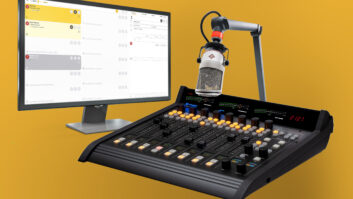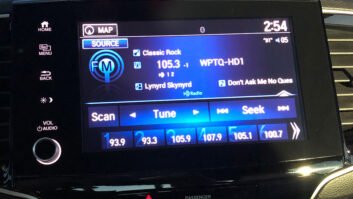In the spirit of supporting AM radio, the Minority Media & Telecom Council has asked the FCC to allow an FM translator in Central City, Ky. to move so that WTCJ(AM) in Tell City, Ind. may be rebroadcast on the translator.
Over the years, WTCJ, and many other AM stations, have fallen victim to the commission’s regulation that restricts FM translator moves based on a minimal miles radius calculation, says MMTC, making it nearly impossible for many stations, including WTCJ, to find an FM translator available for acquisition. As a result, WTCJ owner Bud Cromwell has petitioned the agency to waive the regulation, and open up the opportunity for an FM translator to bolster its stymied AM station.
Approximately two-thirds of minority-owned radio stations are AMs, notes MMTC, who adds that the regulations “are even more detrimental to minority broadcasters, who typically own stations with inferior technical parameters and have a difficult time reaching their intended audience because the stations are located far from the centers of the urban markets they generally serve,” writes MMTC Executive Director David Honig in a letter to the commission.
AM reception interference has grown exponentially, which has had a negative impact on AM programmers’ abilities to reach their audience. By making it easier for AM stations to move to existing FM translators around, more stations would be able to rebroadcast their AM signals and thus increase accessibility for AM listeners in their respective areas while furthering the commission’s goals, notes MMTC.
This change is something the FCC can do now, writes Honig, noting that even if the commission allowed AM stations to increase their power, most AM stations couldn’t afford the cost and that change would still not be enough to address noise interference issues. “Moreover, although MMTC has long championed moving AM to Channels 5 and 6, we recognize the difficulty of that occurring in a time frame that would be relevant to WTCJ’s present application. For AM revitalization to be successful, existing FM translators must be able to be moved,” writes Honig.











